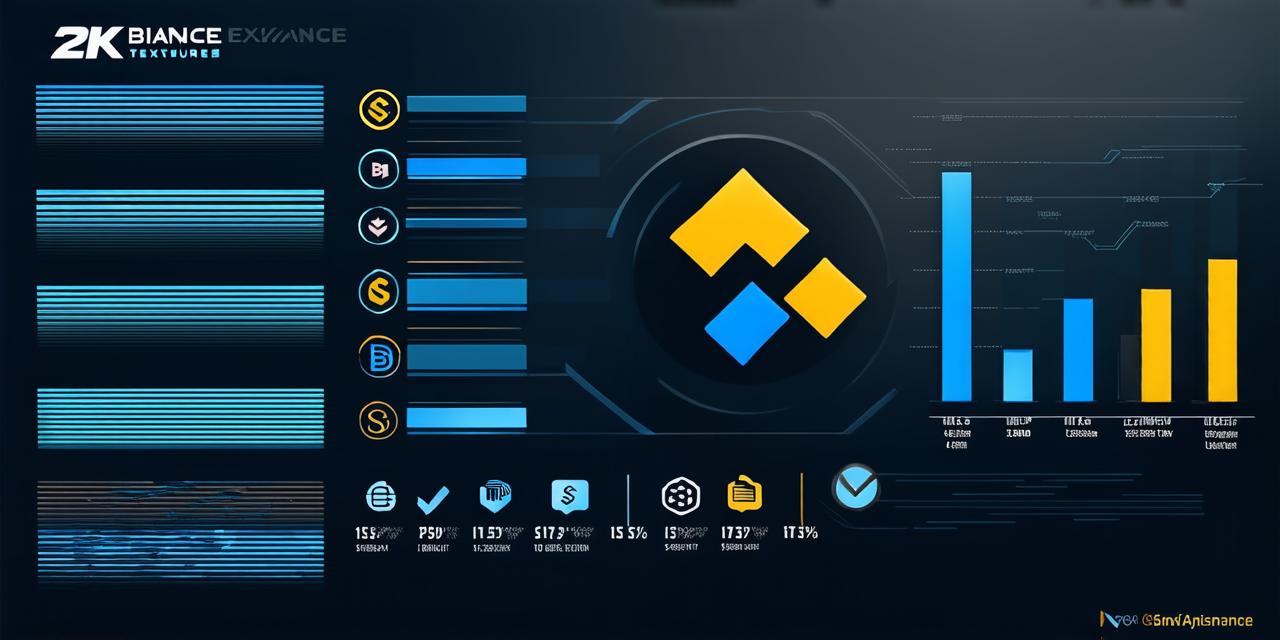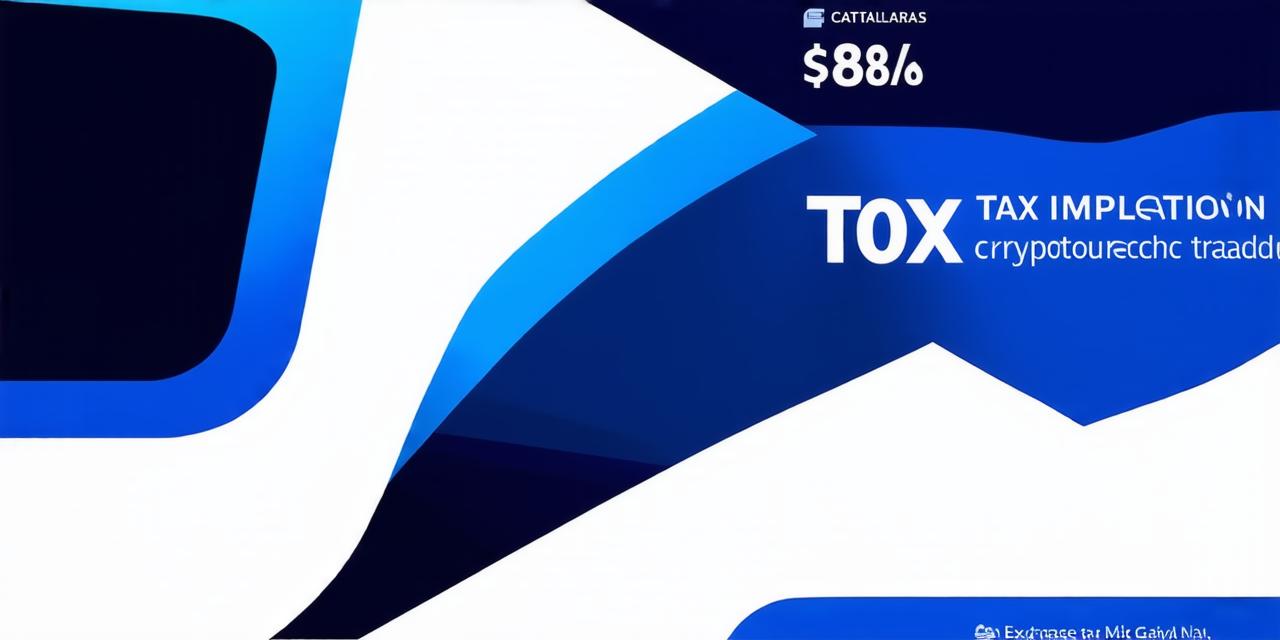RPC stands for Remote Procedure Call. It is a protocol used by software developers to enable communication between different applications running on separate computers or operating systems. In the context of cryptocurrencies, RPC is commonly used to facilitate transactions and interact with blockchains.
In this article, we will explore what RPC stands for in cryptocurrency, its functions, benefits, and limitations. We will also provide real-life examples and expert opinions to help crypto developers understand how to use RPC effectively.
What is RPC?
RPC is a protocol that enables software applications to call procedures or functions on another application running on a different computer or operating system. It allows developers to create distributed systems by breaking down complex tasks into smaller, more manageable components that can be executed independently.
In the context of cryptocurrencies, RPC is used to interact with blockchains and perform various tasks such as sending transactions, retrieving data, and validating blocks. By using RPC, developers can build applications that are scalable, secure, and interoperable with other systems.
Benefits of RPC in cryptocurrency development
There are several benefits to using RPC in cryptocurrency development:
- Simplifies communication between different applications
- Improves security
- Enhances performance
- Facilitates testing and debugging
Real-life examples of RPC in cryptocurrency development
One example of RPC in cryptocurrency development is the use of JSON-RPC (JavaScript Object Notation Remote Procedure Call) to interact with blockchains. JSON-RPC is a lightweight protocol that enables developers to call functions on a blockchain using standard HTTP or WebSocket connections. This makes it easy to build applications that can seamlessly interact with different blockchain networks.
Another example of RPC in cryptocurrency development is the use of RPC to create decentralized applications (dApps) that run on top of blockchains. dApps are applications that run on a blockchain and are controlled by smart contracts, rather than central authorities. By using RPC, developers can build dApps that are scalable, secure, and interoperable with other systems.
Expert opinions on RPC in cryptocurrency development
According to Andreas Antonopoulos, a blockchain expert and author, “RPC is an essential tool for developers who want to build applications that can interact with blockchains. It provides a standardized way to call functions on a blockchain, which makes it easy to build scalable, secure, and interoperable applications.”
Similarly, Vitalik Buterin, the founder of Ethereum, has stated that “RPC is a powerful tool for building decentralized applications. It allows developers to create applications that are scalable, secure, and interoperable with other systems, which is critical for the future of cryptocurrencies.”
FAQs on RPC in cryptocurrency development

1. What is JSON-RPC?
JSON-RPC (JavaScript Object Notation Remote Procedure Call) is a lightweight protocol that enables developers to call functions on a blockchain using standard HTTP or WebSocket connections. It is based on the JSON protocol and uses RPC to provide a standardized way to interact with blockchains.
2. What are smart contracts?
Smart contracts are self-executing programs that run on a blockchain. They are written in programming languages such as Solidity, which is used for building applications on the Ethereum blockchain.



